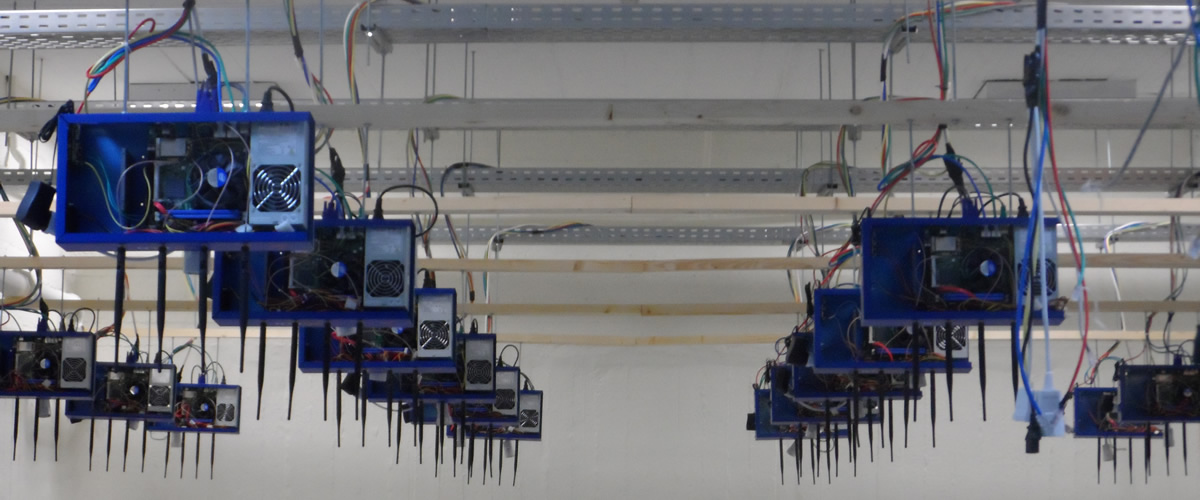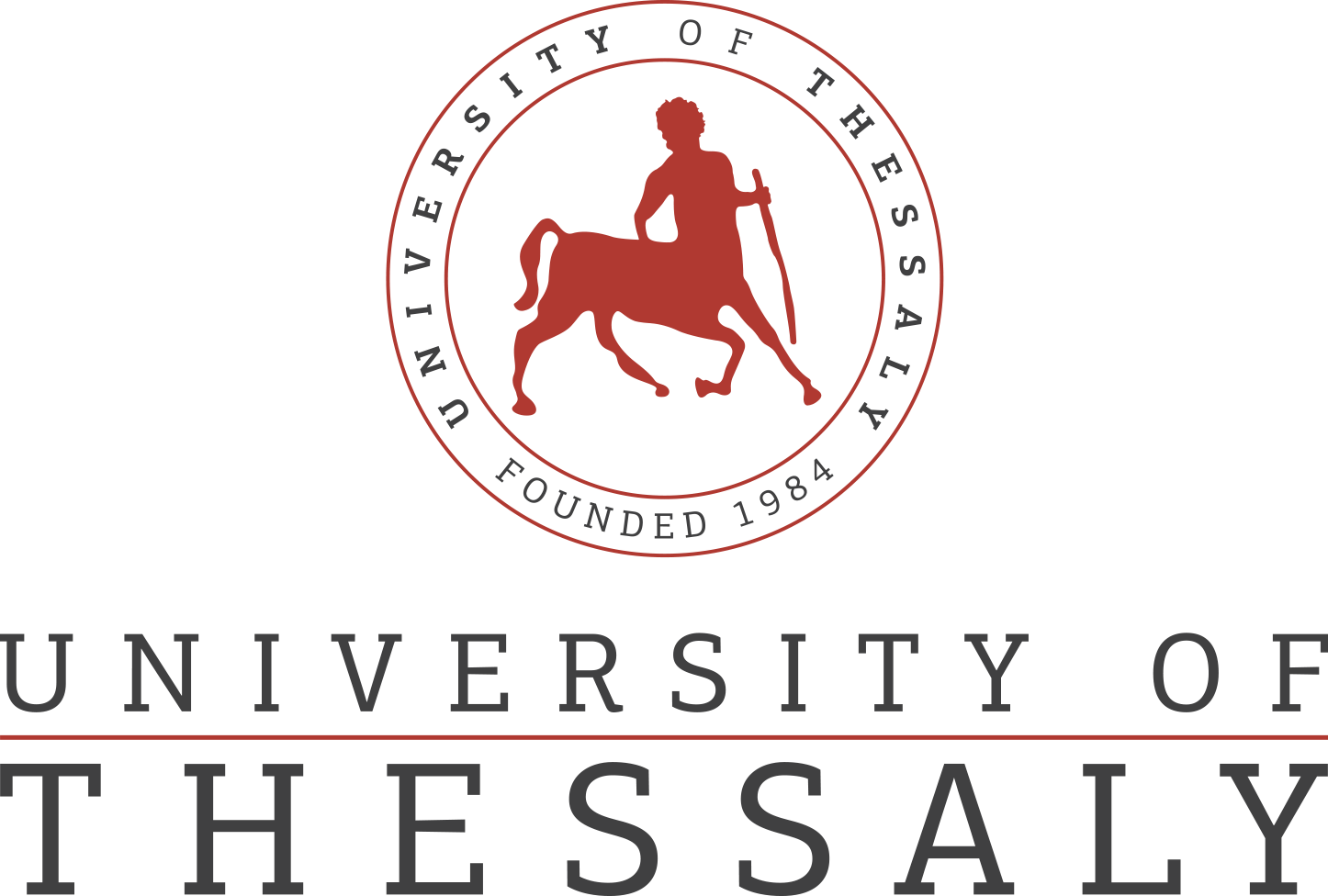Do-It-Yourself networking refers to a conceptual approach to the use of low-cost hardware and wireless technology in deploying local communication networks that can operate independently from the Internet, owned and controlled by local actors. MAZI invests in this paradigm of technology-supported networking, as a means to bring closer together those living in physical proximity. Through an experienced interdisciplinary consortium, MAZI delivers a DIY networking toolkit that offers tools and guidelines for the easy deployment and customization of local networks and services.
Overview
Project's lifetime: 01/2016 to 12/2018
Project's website: http://mazizone.eu/
The centrality of this concrete DIY networking toolkit in the lifetime of MAZI will facilitate the interdisciplinary interactions between researchers from the fields of urban studies, sociology, interaction design, design research, computer science and engineering. MAZI scientific partners will work together with artists, activists, and local communities, in a transdisciplinary way, to co-design and experiment with MAZI toolkit for short or long durations in different urban settings like (semi-)public spaces, and urban cooperative projects, toward enabling novel forms of hybrid communication between citizens, which will:
- Protect privacy and freedom of expression
- Affirm differences without exclusion
- Facilitate contact, public discourse and conviviality
- Enable the appropriation of hybrid urban space toward alternative, more sustainable, lifestyles.
Through the participatory design of MAZI toolkit and its different instantiations, MAZI’s consortium seeks to develop novel ways for encouraging the exchange of information between strangers that live in physical proximity without sacrificing their needs for privacy and independence; allowing citizens to express themselves freely and inform each other about issues of common interest; facilitating public discourses within the city, which are inclusive and playful as well; and ultimately appropriating their hybrid space according to their own values and objectives.
However, there are also various social, legal, and political challenges related to the existence of an infrastructure that can be literally owned by citizens and which will enable privacy preserving interactions in physical proximity. To address these challenges, MAZI project invites to the ongoing discussion and also works in close collaboration with different relevant communities in which partners of MAZI are already active members such as:
- Community Wireless Networks community of hackers and technology enthusiasts (SPC, OU, NetHood),
- Offline networks community (NetHood, UdK, SPC),
- Networking research community (UTH, NetHood),
- CAPS community (UTH, NetHood, UdK, UM),
- Communities of activists involved in urban struggles and the right to the city movements (INURA),
- Wider community of hackers and artists being part in festivals like Transmediale, Ouishare, CommonsFest, and the like (SPC, UM, NetHood, UdK),
- Local communities interested in social cohesion (UdK, CommonGrounds),
- Urban interaction design network, UrbanIxD (NU, UdK),
- Cooperative housing and sustainable living movement in Switzerland, Neustart Schweiz (INURA, NetHood).
MAZI’s objective is to act as catalyst that will manage to bring these communities together around the design of the MAZI toolkit and a set of concrete interesting pilot studies. That enables fruitful knowledge exchange and complementary contributions around the common goal of empowering citizens to shape their hybrid urban space.
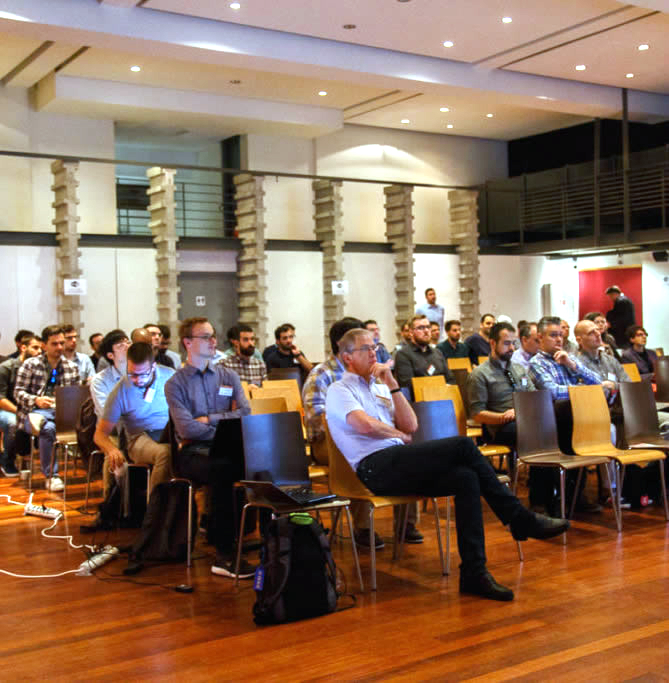
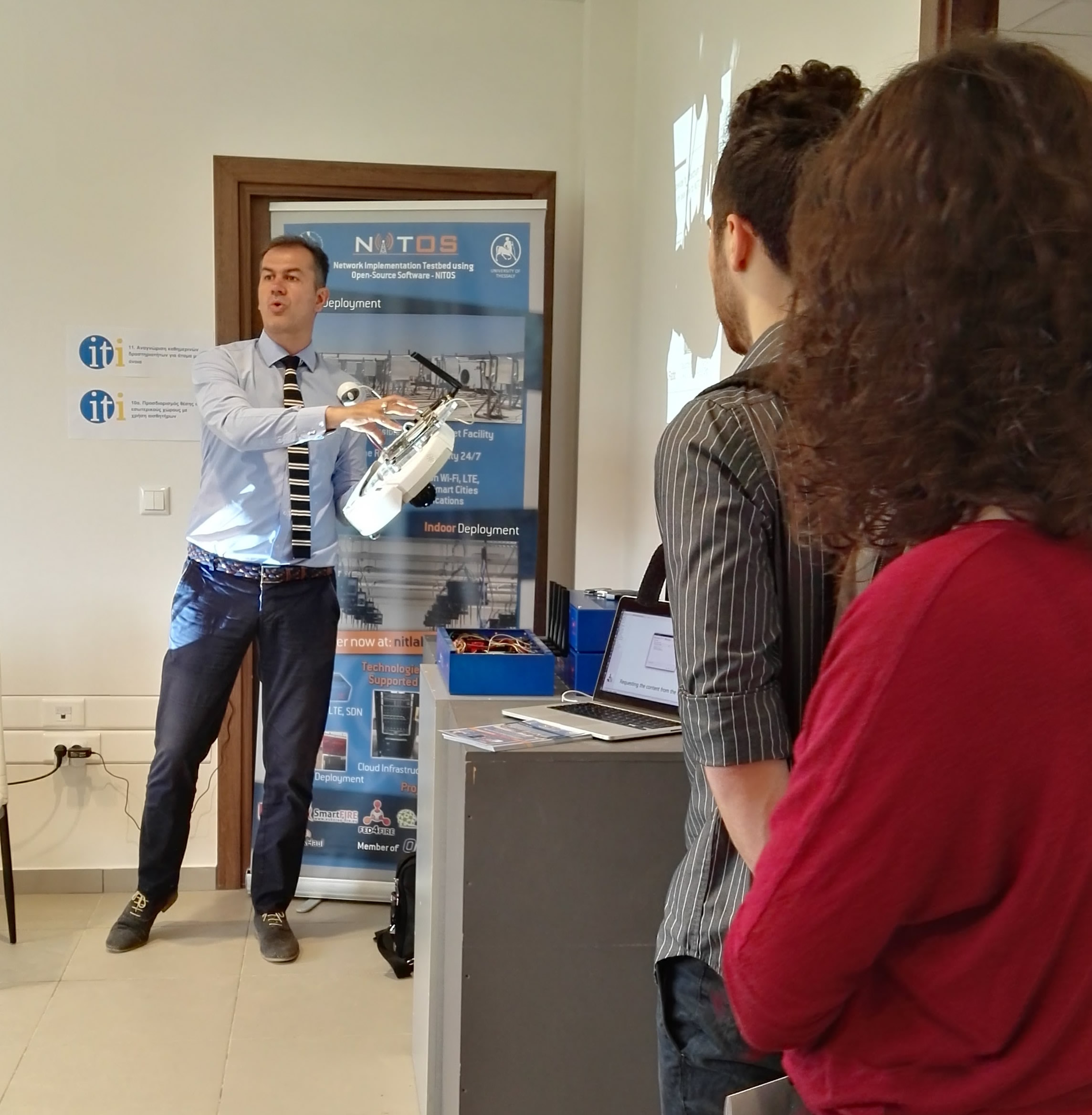
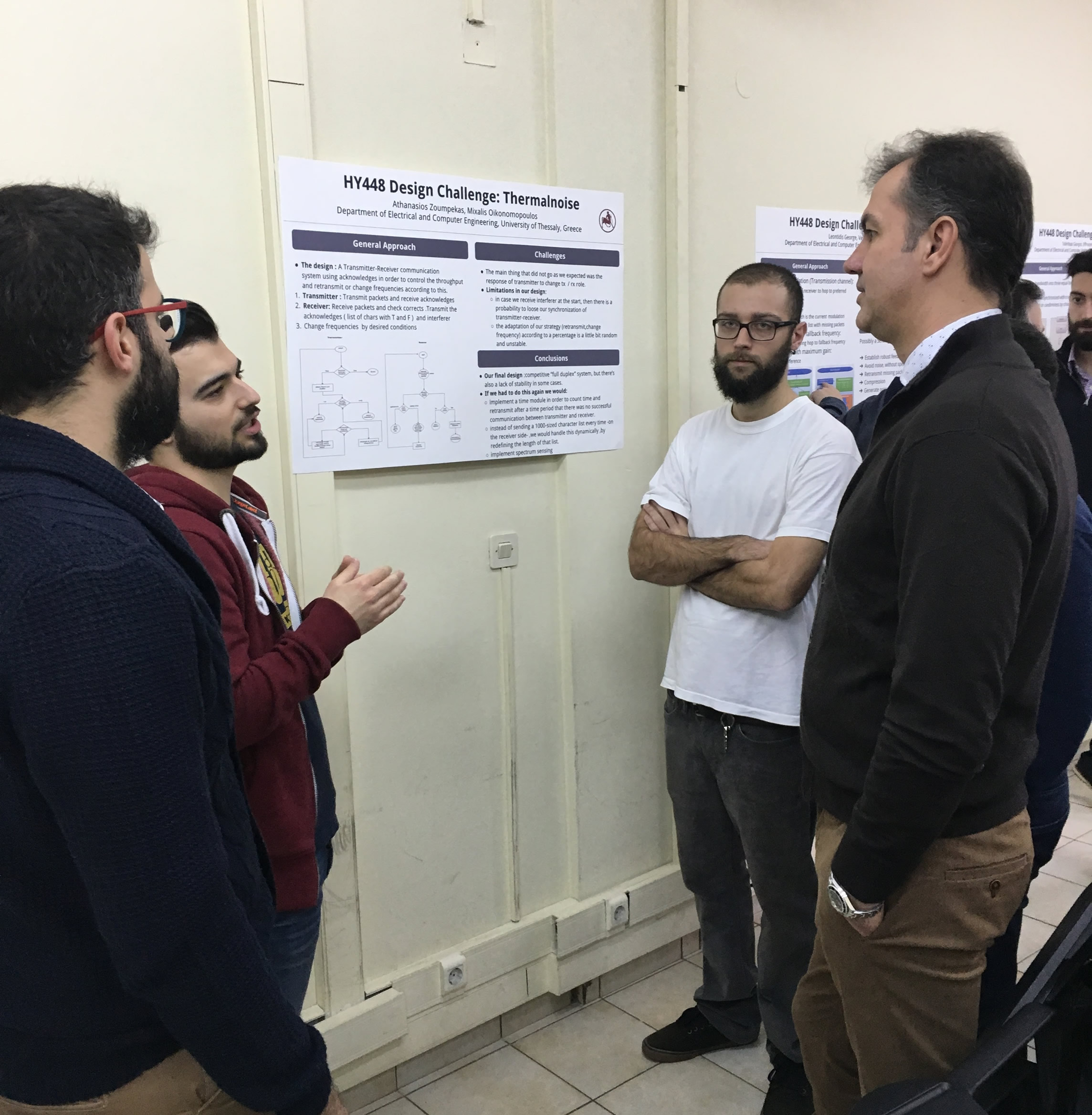

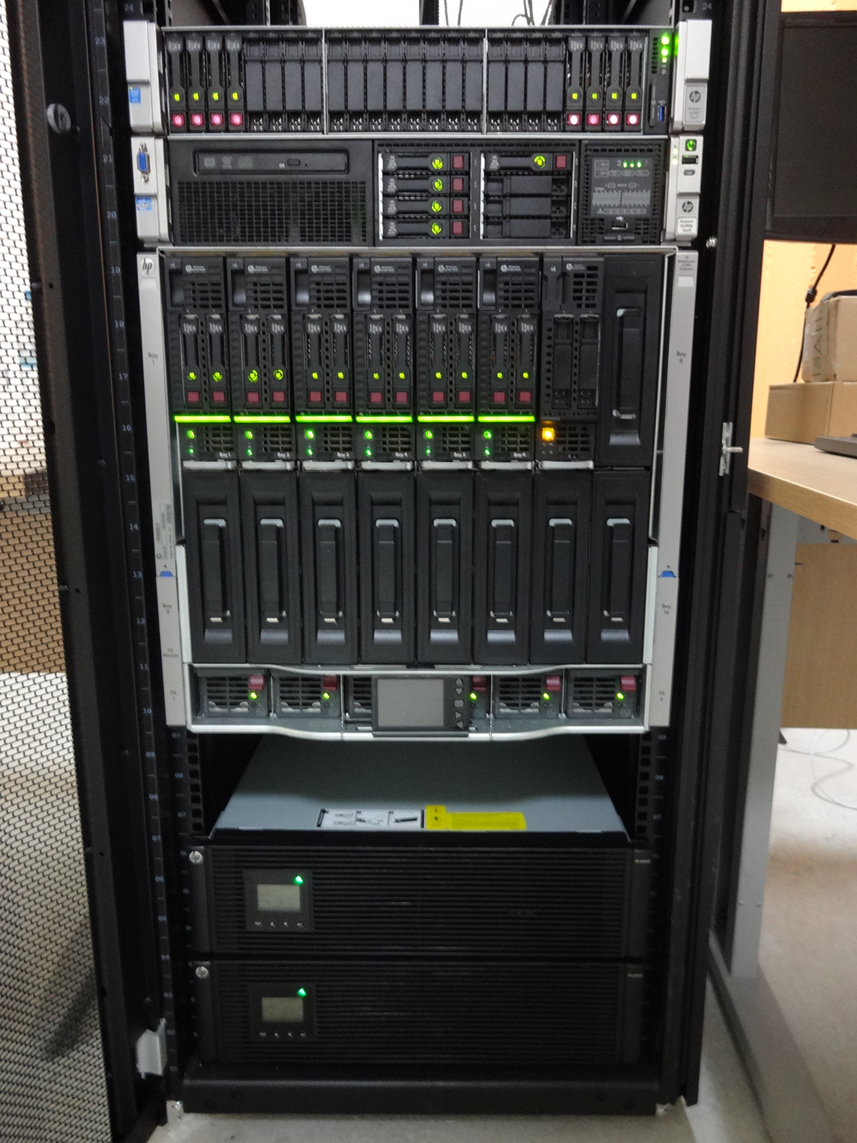 Each blade server has
Each blade server has
